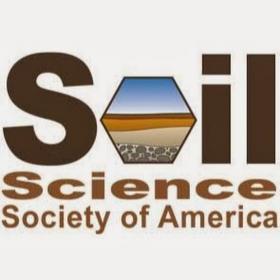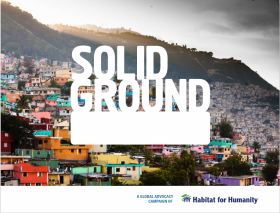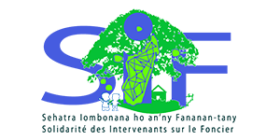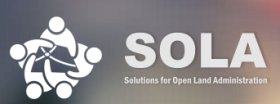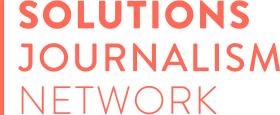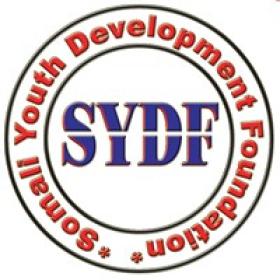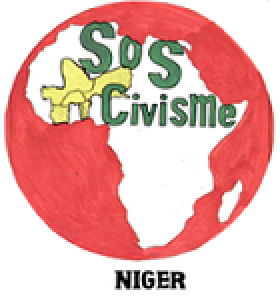Our international network of partners encompasses academic institutions, data aggregators, government bodies, publishers, farmers associations, NGOs and other civil society actors. Explore the range of organizations using the Land Portal below and join the network today.
Socio-Economic Rights Institute of South Africa
SERI is a public interest legal services organisation that provides pro-bono assistance to communities through research, advocacy and litigation across three main themes: ‘Securing a Home’, ‘Making a Living’ and ‘Expanding Political Space’.
Socioeconomic Data and Applications Center
SEDAC, the Socioeconomic Data and Applications Center, is one of the Distributed Active Archive Centers (DAACs) in the Earth Observing System Data and Information System (EOSDIS) of the U.S. National Aeronautics and Space Administration.
Sofia Municipality
Sofia Capital Municipality (Bulgarian: Столична община, Stolichna obshtina - Capital Municipality) is a obshtina (municipality) in Sofia City Province, Western Bulgaria. It is named after its administrative centre - the city of Sofia, which is also the capital of Sofia City Province and Sofia Province and the capital of Bulgaria as well.
SOGES
SOGES S.p.a. is a consulting and training company for private and public enterprises.
In SOGES we work alongside companies, organizations and institutions to finalize their development plans. Our goal is to help organizations to grow and evolve, through innovative, customized and sustainable solutions, with which to face the challenges of tomorrow.
Soil Science Society of America
The Soil Science Society of America (SSSA) is a progressive international scientific society that fosters the transfer of knowledge and practices to sustain global soils. Based in Madison, WI, and founded in 1936, SSSA is the professional home for 6,000+ members and 1,000+ certified professionals dedicated to advancing the field of soil science.
Solid Ground
Solid Ground is a global advocacy campaign of Habitat for Humanity to improve access to land for shelter
Solidaridad
The Solidaridad Network is an international civil society organisation founded in 1969.
Solidarité des Intervenants sur le Foncier
QUI SOMMES-NOUS ?
Sehatra Iombonana hoan’ny Fananantany ou Solidarité des Intervenants sur le Foncier, connu sous l’acronyme SIF, est une plateforme de la société civile œuvrant dans le foncier.
Solutions for Open Land Administration
Solutions for Open Land Administration (SOLA)
In December 2012, the Food and Agriculture Organization of the United Nations (FAO) successfully concluded the Solutions for Open Land Administration (SOLA) project.
Solutions Journalism Network
Our mission is to transform journalism so that all people have access to news that helps them envision and build a more equitable and sustainable world.
Somali Youth Development Foundation
Somali Youth Development Foundation (SYDF) is a Local Non- profit, Non-governmental and Humanitarian organization founded by a faculty of Somali professionals and was officially launched in the year 2007 in Somalia and 2013 in Kenya and 2017 accredited By Economic and Social Council (ECOSOC) United Nations also 2018 accredited by UNEP,UNFCCC and UNCCD 2020 by the youth for the youth in which al
SOS Civisme
Contribuer à la construction d’une citoyenneté responsable aux niveaux national et local à travers : (i) le renforcement du sens du service public et de l’intérêt général, (ii) le renforcement de l’obligation de rendre compte des gouvernants et des acteurs publics vis-à-vis des citoyens, (iii) le renforcement de l’esprit civique des citoyens et du contrôle citoyen de l’action publique, (iv) la





